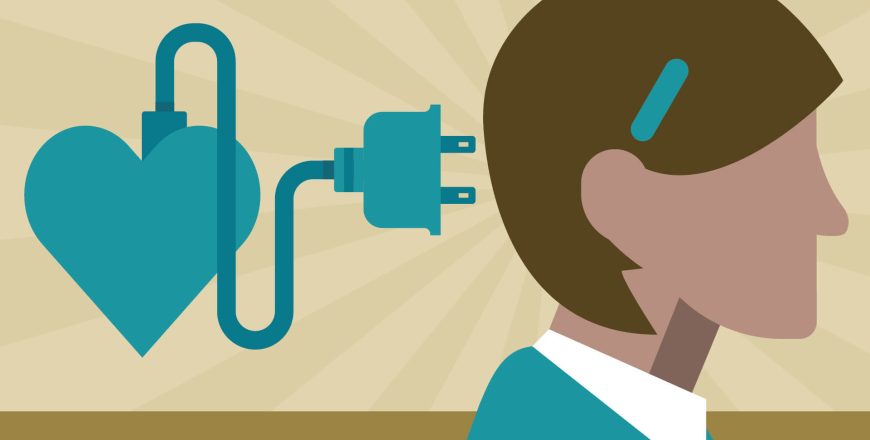Building Emotional Intelligence

At work place, in school and in our relationships the need to understand and take control of our emotions is and has been touted as one of the greatest leadership skills. Today in companies, institutions and organisations this skill has become one of the major criteria for employment and promotion. There is now a volume of research that show the pattern between the behaviour of top achievers in the world of business and entrepreneurship and their consistent record of high successes.
According to Talent Smart, 90% of high performers at the work place possess high EQ, while 80% of low performers have low EQ. In a world where the nature and function of work has radically shifted from the industrial age format to a more digitalised framework, and where almost every basic human repetitive task has been automated, perhaps as many psychologists and therapists have cited, the most important skill you have as a human is the ability to be emotionally intelligent. Researches in neuroscience have emerged that show the neurological correlates between our emotions, our genetic models and brain wiring.
Defined by Peter Salovey and John Mayer as “the ability to monitor one’s own and other people’s emotions, to discriminate between different emotions and label them appropriately, and to use emotional information to guide thinking and behaviour”, it is now important to study this basic human capacity as a necessary skill for work. Across institutions of learning and public organisations this is now been taken as a course of study and companies are paying hugely for their workers to go for therapy sessions and masterclasses on meditation and mindfulness practices.
To take charge of your emotional state and harness your brain power to monitor, discriminate between different emotions in you and others and appropriately label your use of emotional information to guide your thinking and behaviour you need to take a conscious step to study the art. This is what will give the leadership edge in your place of work and help you manage your business and organisation to attain your goals.
If you’re ready to take this conscious step to improve your emotional masterclass, then taking this course is your first right step.
This course is meant to help you understand the basic concepts of EI and to position you to apply the skills while helping you to understand yourself using basic psychological training models to understand what makes you act the way you do as well as others.
At the end of this study, learners should be able to:
- Know the meaning and concept of Emotional Intelligence (EI or EQ)
- Understand the characteristics of emotional intelligence
- Know the components of emotional intelligence
- Have a detailed knowledge on the areas affected by emotional intelligence
- Know the elements of emotional intelligence
- Have an understanding on how to Improve your Emotional Intelligence.

